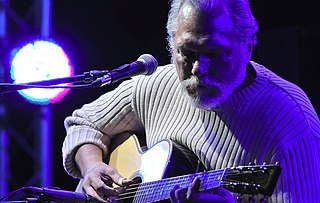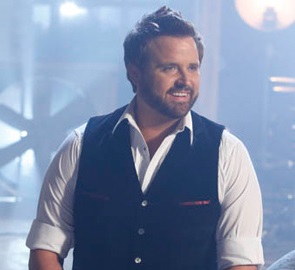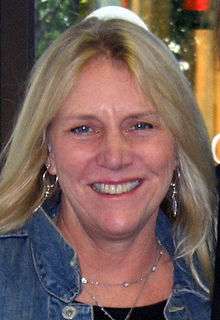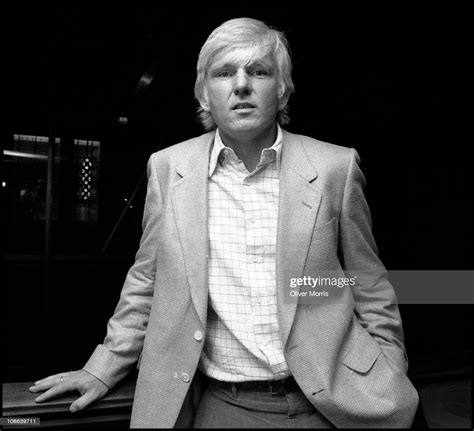A Quote by Steve Martin
After one of my plays came out, I had mixed reviews, some bad and some good. One day, it dawned on me. I thought, 'I wrote a play and he wrote a review, and that's the difference between him and me.'
Related Quotes
We were on a tour, and there were some chord formations that were tough for me to play when I was a kid...it had become apparent that there was some stuff I wanted to do that [would require me] to learn how to do that. So I wrote the song and used some of these chord formations so I would have to play them. I thought it would be a great teaching vehicle for a while, and it was, but it ended up as a performance song.
There is a big difference between No. 1 and No. 2. I don't care who wrote it. I'd love to one day have a No. 1 that I wrote, but if that ain't in the cards, whatever. My job is right now is to make the best music I can and try to get it to the people, whether it be something that I wrote or not. It's my job to be the best I can for the fans.
I did some writing for that movie. The remake of Planet of the Apes. I didn't write the script. But I wrote some lines that they ended up... not using. ... I wrote one line. I thought it would've been perfect. I don't know if anyone saw the movie. It's the scene where the ape general comes in. And they're trying to decide if they should attack right there, or wait until a little later. And I wrote: "Man these bananas are good!" But they didn't use it. I did all of that research.
It was a roller-coaster process. For a long time I had no idea what I was doing. I wasn't writing with an outline. And, rare for me, I wrote scenes out of sequence. . . . I didn't understand the play when I wrote it. It was something I'd give in to. It happens to me periodically. I give over and write whatever comes to me and I don't know what it means and then I do. It's thrilling.
I didn't have the money to put myself through drama school, so I thought - naively - that if I wrote a play and put it on at the Edinburgh Fringe Festival, agents would see me and that would be my ticket to Hollywood. I wrote a musical; an acting coach saw it and put me on his course for free while I wrote for his company.
Writers are funny about reviews: when they get a good one they ignore it-- but when they get a bad review they never forget it. Every writer I know is the same way: you get a hundred good reviews, and one bad, andyou remember only the bad. For years, you go on and fantasize about the reviewer who didn't like your book; you imagine him as a jerk, a wife-beater, a real ogre. And, in the meantime, the reviewer has forgotten all about the whole thing. But, twenty years later, the writer still remembers that one bad review.


































